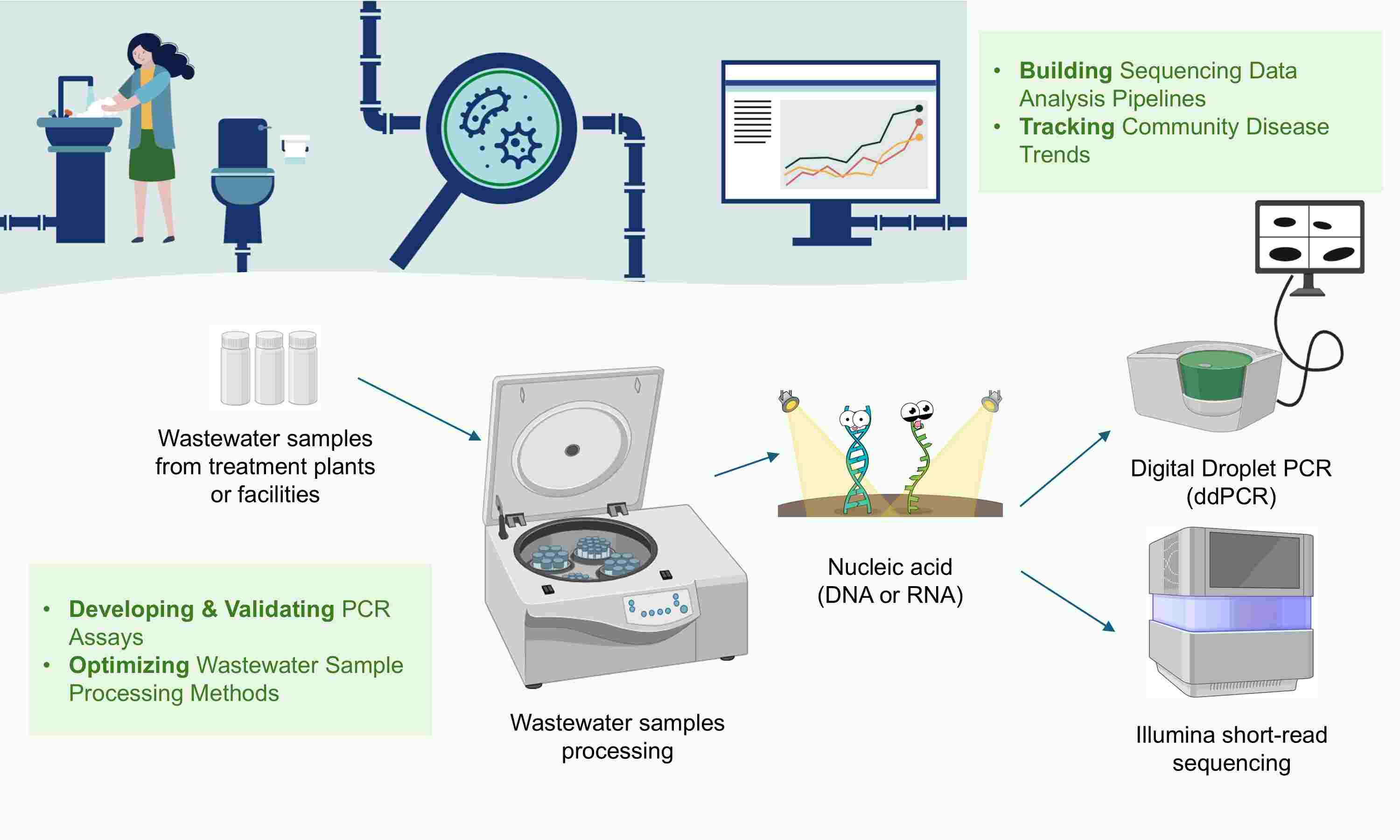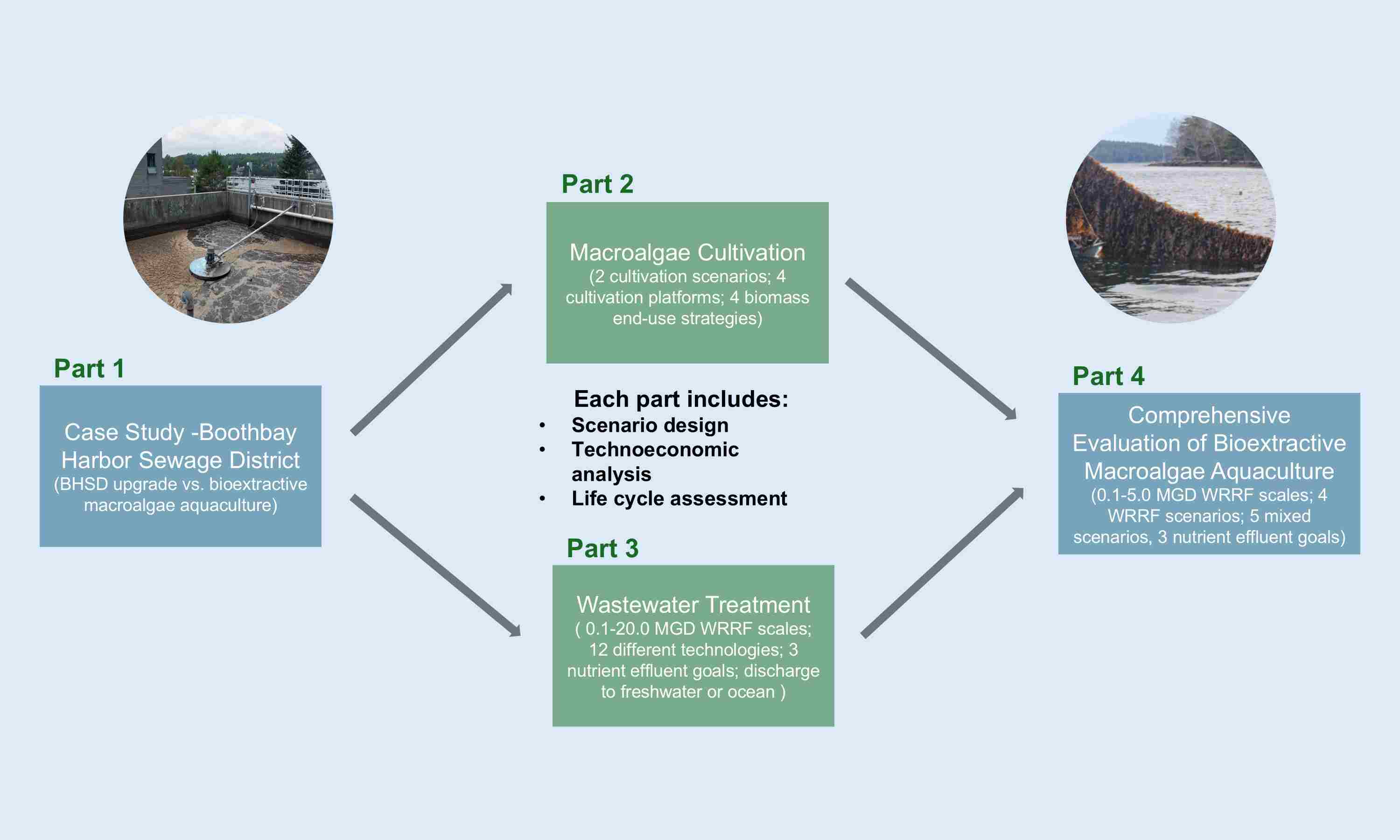Sitemap
A list of all the posts and pages found on the site. For you robots out there, there is an XML version available for digesting as well.
Pages
Wastewater for Health and Sustainability
Archive Layout with Content
Posts by Category
Posts by Collection
CV
CV
Markdown
Page not in menu
Page Archive
Research Areas
Publications
Sitemap
Posts by Tags
Talk map
Presentations
Teaching Experience
Terms and Privacy Policy
Blog posts
Jupyter notebook markdown generator
Posts
Future Blog Post
Published:
This post will show up by default. To disable scheduling of future posts, edit config.yml and set future: false.
Blog Post number 4
Published:
This is a sample blog post. Lorem ipsum I can’t remember the rest of lorem ipsum and don’t have an internet connection right now. Testing testing testing this blog post. Blog posts are cool.
Blog Post number 3
Published:
This is a sample blog post. Lorem ipsum I can’t remember the rest of lorem ipsum and don’t have an internet connection right now. Testing testing testing this blog post. Blog posts are cool.
Blog Post number 2
Published:
This is a sample blog post. Lorem ipsum I can’t remember the rest of lorem ipsum and don’t have an internet connection right now. Testing testing testing this blog post. Blog posts are cool.
Blog Post number 1
Published:
This is a sample blog post. Lorem ipsum I can’t remember the rest of lorem ipsum and don’t have an internet connection right now. Testing testing testing this blog post. Blog posts are cool.
portfolio
Wastewater Surveillance
My research focuses on advancing wastewater-based epidemiology through the development and optimization of detection methods for emerging pathogens. I conduct in silico assay development and wet-lab validation for digital droplet PCR (ddPCR) and sequencing-based approaches. My work has directly contributed to improving the current wastewater surveillance system, including the development and validation of a wild-type measles assay applied by multiple health departments in response to recent outbreaks, and continues to expand through bioinformatics and metagenomic applications.  (Some elements are from the CDC website and Biorender)
(Some elements are from the CDC website and Biorender)
Sustainable Nutrient Management
My research explores using bioextractive macroalgae aquaculture as a sustainable alternative to advanced wastewater treatment technologies in coastal areas. I developed an integrated framework that combines process modeling, life cycle assessment, and techno-economic analysis to evaluate system feasibility, environmental impacts, and economic performance. This work provides guidance and support for future efforts in sustainable nutrient management and climate resilience. 
publications
Bioextractive aquaculture as an alternative nutrient management strategy for water resource recovery facilities
Published in Water Research, 2022
Based on a case study of a coastal WRRF in Maine, this work integrates wastewater treatment simulation, life cycle assessment, and techno-economic analysis to evaluate seaweed aquaculture as a sustainable alternative to advanced nutrient removal processes. The results indicate that nutrient bioextraction can achieve comparable nitrogen reduction with lower costs and added environmental benefits. Link to Paper
Recommended citation: Wu et al. (2022). "Bioextractive aquaculture as an alternative nutrient management strategy for water resource recovery facilities." Water Research. 212, 118092.
A comparison of multiple macroalgae cultivation systems and end-use strategies of Saccharina latissima and Gracilaria tikvahiae based on techno-economic analysis and life cycle assessment
Published in Sustainability, 2023
This study assesses the economic and environmental performance of various cultivation, processing, and end-use strategies for Saccharina latissima and Gracilaria tikvahiae. It demonstrates the benefits of co-cultivation and shared infrastructure and identifies areas for process optimization. Link to Paper
Recommended citation: Wu et al. (2023). " A comparison of multiple macroalgae cultivation systems and end-use strategies of Saccharina latissima and Gracilaria tikvahiae based on techno-economic analysis and life cycle assessment." Sustainability. 15 (15), 12072.
Assessment and application of GeneXpert rapid testing for respiratory viruses in school wastewater
Published in Environmental Science: Water Research & Technology, 2024
This study assessed the feasibility of using a PCR rapid test system for monitoring SARS-CoV-2, influenza A, influenza B, and RSV in school wastewater. The findings demonstrate the potential of this rapid testing technology for efficient and cost-effective monitoring of respiratory viruses in facility-level wastewater, particularly for testing lower quantities of samples in resource-constrained areas. Link to Paper
Recommended citation: Wu et al. (2025). "Assessment and application of GeneXpert rapid testing for respiratory viruses in school wastewater." Environmental Science: Water Research & Technology. 11 (1), 64-76.
Multiplexed detection, partitioning, and persistence of wild-type and vaccine strains of measles, mumps, and rubella viruses in wastewater
Published in Environmental Science & Technology, 2024
In this study, multiplexed RT-ddPCR assays were developed to detect measles, mumps, and rubella viruses in wastewater and distinguish between wild-type and vaccine measles strains. Virus partitioning and persistence in wastewater were assessed. Link to Paper
Recommended citation: Wu et al. (2024). " Multiplexed detection, partitioning, and persistence of wild-type and vaccine strains of measles, mumps, and rubella viruses in wastewater." Environmental Science & Technology. 58(50), 21930-21941.
Sensitivity, throughput, and cost analysis of concentration methods for multitarget pathogen wastewater monitoring
Published in ACS ES&T Water, 2025
In this research, six concentration methods were compared in terms of sensitivity and cost for the detection of 14 diverse pathogens in wastewater. This study provides data-driven insights to enhance the reliability and cost-effectiveness of wastewater surveillance systems that can support public health responses for a broad range of diseases. Link to Paper
Recommended citation: Wu et al. (2025). "Sensitivity, throughput, and cost analysis of concentration methods for multitarget pathogen wastewater monitoring." ACS ES&T Water. 5(9), 5531–5541.
talks
Seaweed cultivation as an alternative nutrient management strategy for wastewater treatment and recovery facilities: a case study in Boothbay Harbor, Maine
Published:
Comparison of multiple macroalgae cultivation systems and end‑use strategies based upon life cycle assessment
Published:
Houston’s wastewater monitoring of SARS‑CoV‑2, influenza, RSV, and mpox for infectious disease surveillance
Published:
Wastewater surveillance for measles: Assay development, application, and action plan
Published:
Tracking Candida auris in communities via wastewater: Facility‑level surveillance and targeted sequencing
Published:
teaching
CE 479/579 Water and Wastewater Treatment Design
Guest lecturer, Clarkson University, 2018
As a guest lecturer, I delivered lectures on key topics in wastewater treatment. I stepped in to teach the class when the primary instructor was unavailable, ensuring students received continued instruction on the subject.
ES330 Fluid Mechanics
Teaching assistant, Clarkson University, 2019
CE 479/579 Water and Wastewater Treatment Design
Teaching assistant, Clarkson University, 2019
As a teaching assistant, I led lab classes and coordinated a tour of the local wastewater treatment plant. My responsibilities also included grading all assignments, reports, and exams. I fostered an open learning environment by encouraging questions and offering flexible one-on-one meetings, providing personalized support to help students achieve their learning objectives.
ES330 Fluid Mechanics
Teaching assistant, Clarkson University, 2020
As a teaching assistant, I led lab classes, graded assignments, and held office hours to support student learning. I proactively identified common challenges discussed in office hours and classes, and used these insights to deliver detailed comments on assignments, improving their learning outcomes.
CE 479/579 Water and Wastewater Treatment Design
Invited speaker, Clarkson University, 2020
Drawing on my dissertation research, I designed and taught a specialized module on wastewater treatment simulation using GPS-X Pro. In this project, I guided students to build a dynamic model of a real wastewater treatment plant in Potsdam, NY, using its actual construction and operational data. This hands-on experience bridged the gap between classroom concepts and real-world engineering, enabling students to apply their learning to a practical case study.
CEVE 316 Urban Water Systems Lab ‑ Process Modeling Module
Teaching assistant, Rice University, 2025
I led a hands-on module where students used GPS-X Lite, a dynamic wastewater treatment simulator, to solve process problems. This experience deepened their understanding of wastewater treatment fundamentals and provided a foundation in process simulation. The skills learned are essential for the advanced modeling, control, and optimization of modern wastewater treatment plants.
Wastewater Surveillance for Pathogen: Data Generation and Application
Workshop instructor, Rice University, Environmental Data Science Academy, 2025
I designed and led workshops on wastewater surveillance for community college students from diverse backgrounds. The curriculum explained how wastewater data tracks community disease transmission, informing public health responses and enabling individuals to make protective health decisions. A key component was an interactive online simulation tool I developed, which allowed students to explore the key variables and limitations of wastewater surveillance.
